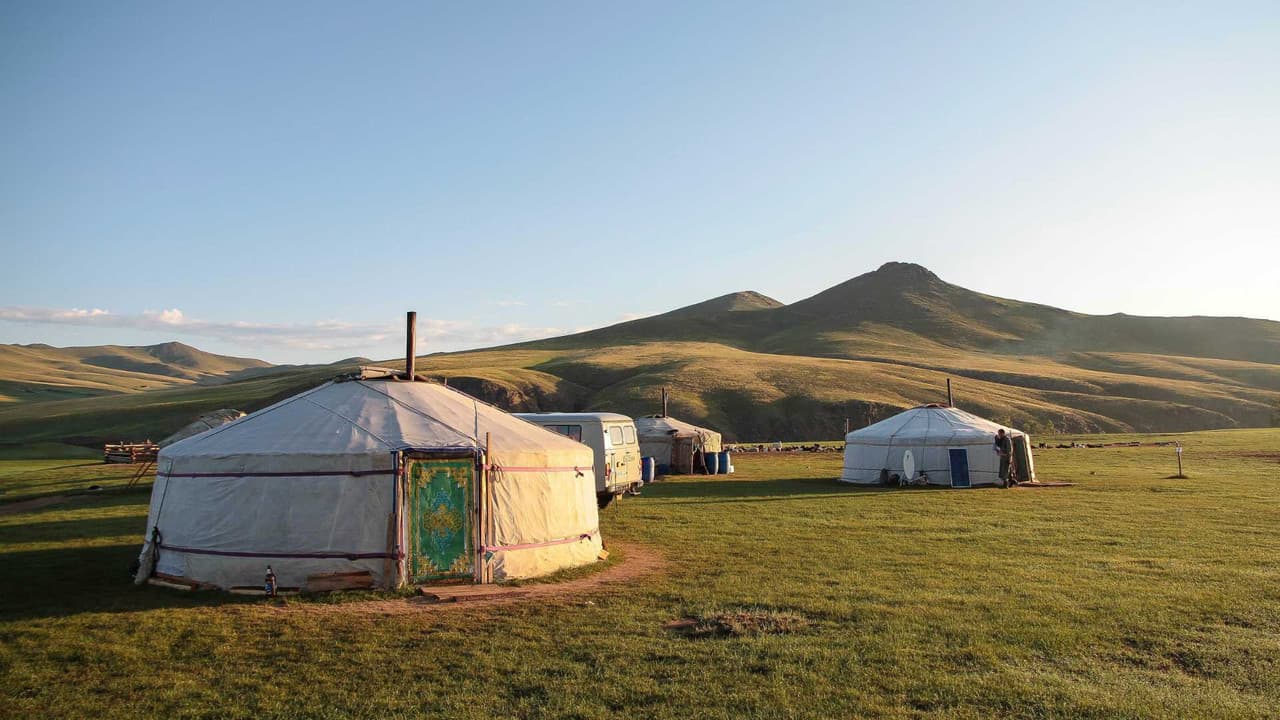Mongolia's legal framework provides a comprehensive set of protections for workers, designed to ensure fair treatment, safe working conditions, and clear procedures for employment relationships. These regulations are primarily governed by the Labor Law of Mongolia and related legislation, establishing the rights and obligations of both employers and employees within the country.
Understanding and adhering to these labor laws is crucial for any company operating or employing individuals in Mongolia. Compliance ensures legal standing, fosters positive employee relations, and contributes to a stable and productive workforce. The framework covers various aspects of employment, from the initial contract through to termination and dispute resolution.
Termination Rights and Procedures
Employment contracts in Mongolia can be terminated under specific circumstances defined by law. These include mutual agreement, expiration of a fixed-term contract, employee's initiative, employer's initiative, or other reasons stipulated by law. Termination initiated by the employer must be based on valid grounds, such as serious misconduct, repeated violations of duties, or organizational changes leading to redundancy.
When an employer terminates an employment contract, specific notice periods are required, depending on the employee's length of service. Failure to provide the correct notice or severance pay where applicable can result in legal challenges and penalties.
| Length of Service | Minimum Notice Period |
|---|---|
| Less than 6 months | 2 weeks |
| 6 months to 5 years | 1 month |
| More than 5 years | 2 months |
Severance pay is typically required in cases of redundancy or termination due to the employer's initiative for reasons not related to the employee's fault. The amount usually depends on the employee's length of service.
Anti-Discrimination Laws and Enforcement
Mongolian law prohibits discrimination in employment based on several protected characteristics. Employers are required to provide equal opportunities in hiring, promotion, training, and all other aspects of employment. Discrimination based on these grounds is illegal and subject to legal recourse.
Protected characteristics include, but are not limited to:
- Race
- Ethnicity
- Nationality
- Gender
- Age
- Social origin or status
- Marital status
- Property status
- Membership in trade unions or political parties
- Religion or belief
- Health status
- Sexual orientation
- Disability
Enforcement of anti-discrimination laws is handled through labor inspections and the court system. Employees who believe they have been subjected to discrimination can file complaints with relevant authorities or pursue legal action.
Working Conditions Standards and Regulations
The Labor Law sets standards for working hours, rest periods, holidays, and leave entitlements. The standard working week is typically 40 hours, spread over five days. Overtime is permitted under specific conditions but is subject to limits and requires increased compensation.
Key working condition standards include:
- Maximum Weekly Hours: Generally 40 hours.
- Daily Rest: Minimum 12 hours between working days.
- Weekly Rest: At least 48 consecutive hours of rest per week.
- Annual Leave: Employees are entitled to paid annual leave, the duration of which increases with length of service.
- Public Holidays: Employees are entitled to paid leave on official public holidays.
- Minimum Wage: A national minimum wage is established and periodically reviewed.
Employers must adhere to these standards and maintain accurate records of working hours and leave.
Workplace Health and Safety Requirements
Employers have a legal obligation to ensure a safe and healthy working environment for their employees. This includes identifying and mitigating hazards, providing necessary safety equipment, conducting safety training, and establishing procedures for accident prevention and response.
Key employer responsibilities include:
- Conducting risk assessments.
- Implementing safety measures and controls.
- Providing personal protective equipment (PPE) free of charge.
- Ensuring machinery and equipment are safe.
- Providing first aid facilities.
- Investigating workplace accidents and occupational diseases.
- Maintaining records related to health and safety.
Employees also have duties to follow safety procedures and report hazards. Labor inspectors are responsible for monitoring compliance with health and safety regulations and can impose penalties for violations.
Dispute Resolution Mechanisms
Workplace disputes in Mongolia can arise from various issues, including contract terms, wages, working conditions, or termination. Several mechanisms are available for resolving such disputes.
- Internal Resolution: Often, the first step involves attempting to resolve the issue directly between the employee and the employer or through internal company procedures.
- Labor Dispute Commissions: For individual labor disputes, a labor dispute commission within the organization (if established) or at the local government level can hear the case and issue a decision.
- Labor Inspection Authority: The State Professional Inspection Agency, including its labor inspection department, plays a role in monitoring compliance with labor laws and can investigate complaints and mediate disputes.
- Court System: If a dispute cannot be resolved through other means, either party can file a lawsuit in the civil courts. Courts handle both individual and collective labor disputes and have the authority to order remedies, including reinstatement or compensation.
Employees have the right to seek redress through these channels if their rights are violated.
Employ top talent in Mongolia through our Employer of Record service
Book a call with our EOR experts to learn more about how we can help you in Mongolia







Book a call with our EOR experts to learn more about how we can help you in Mongolia.
Trusted by more than 1000 companies around the globe



